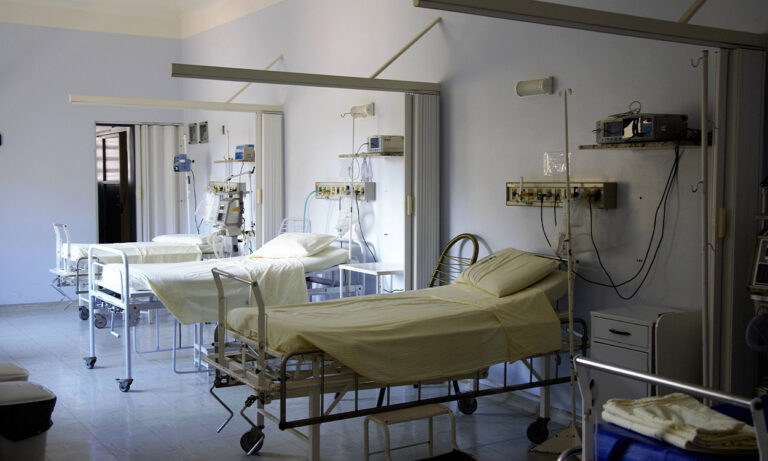Senior doctors confirm widespread systemic sexual harassment throughout entire NHS in open letter
Recently, an article covering a matter that we should all be concerned about caught my attention. It detailed a series of stories which showed that female medics have reportedly faced not just misogyny and bullying, but also the harrowing experience of sexual harassment in their workplace.
@c4news A third of female NHS surgeons say they’ve been sexually assaulted by a colleague in the last five years #nhs #news #uk #c4news
♬ original sound - Channel 4 News
In an open letter, four accomplished women who head up medical royal colleges in Wales have shed light on the disturbing realities that their female colleagues have endured. These revelations include incidents where female staff have been asked for sexual favours by their male colleagues while on duty. It’s a shocking and distressing state of affairs that has no place in any workplace, let alone in the noble and often gruelling field of medicine.
The Welsh government has rightly condemned this behaviour, emphasising that harassment and sexual violence should never be tolerated, especially within the NHS. However, addressing this issue requires more than just words, it demands concrete actions and systemic changes.
One of the signatories on the open letter, which was shared with the BBC, belongs to Doctor Maria Atkins, Chairwoman of the Royal College of Psychiatrists in Wales. Atkins revealed a deeply concerning pattern and shared accounts from numerous women who have been propositioned by male colleagues during night-time shifts and felt pressured to engage in sexual acts.
What’s even more distressing is that some of these women faced repercussions when they refused to comply. This kind of environment can be particularly damaging to less experienced or younger women, who aspire to progress in their medical careers but find themselves discouraged from engaging with their teams.
Doctor Rowena Christmas, Chairwoman of the body representing GPs in Wales, highlighted a significant barrier to addressing these issues: the power imbalance. In a profession where complaints can impact one’s career, many choose to remain silent, carrying the heavy burden of guilt and self-blame. This silence perpetuates a toxic culture of harassment.
It’s crucial to recognise that these issues aren’t confined to a specific medical speciality, they are alarmingly widespread. This culture of silence and fear is further exacerbated by the fact that as junior doctors or medical students, raising concerns can be professionally dangerous. The fear of retaliation from those who can influence one’s career leads many to suffer in silence.
The recent report doesn’t stand alone, it aligns with a larger, deeply troubling trend. A comprehensive analysis of NHS staff has revealed that female surgeons across the UK have been subjected to sexual harassment, assault, and even rape by their colleagues. This issue isn’t limited to one geographical area, it’s a pervasive problem that transcends boundaries.
What’s particularly shocking is that these incidents are happening within an environment where one would expect individuals to receive protection and respect, not become victims of sexual assault. In a series of recently circulated videos, several nurses, that have been working for the NHS have recounted some of their most harrowing experiences.
@doctor.nicolej The streets of the NHS are actually mad. Please excuse my dry up hair. #storytime #blog #nhs #medtok #doctorsoftiktok
♬ Love You So - The King Khan & BBQ Show
@zoehaydnjones Sexual assault at work (trigger warning) How the manager reacted to it. #sexualassalt #victimblaming #victimblamingmuststop #womenatwork #womenempowerment #womensrights #womenoftiktok #sexism #misoginy
♬ original sound - Jobsforwomen
In a TikTok video speaking with Sky News, retired Doctor Liz O’Riordan revealed: “I was harassed in almost half the jobs I worked as a surgeon.”
On 20 September 2023, the Welsh government took the first step in the right direction by publishing the Speaking up Safely Framework for NHS Wales. This framework aims to strengthen procedures and provide reassurance that concerns will be taken seriously, and heard fairly and that individuals will not face personal repercussions for speaking out. It’s a positive move towards addressing these deeply ingrained issues, but there’s still a long way to go to truly dismantle the misogynistic world hidden behind the walls of our NHS.






